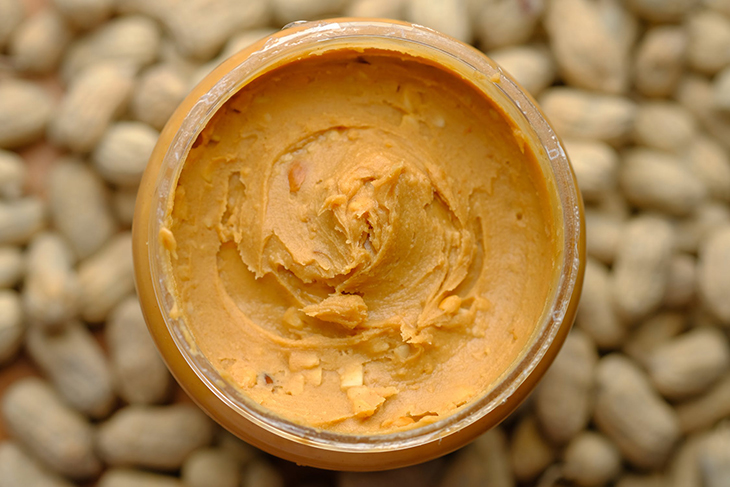Revolutionary Phase III Trial Has Showing Significant Effectivity In Children With Peanut Allergy

A groundbreaking phase III trial has heralded a new era in combatting peanut allergies in children below the age of 4. The trial involved the use of a skin patch, which proved to be both safe and significantly more effective than a placebo in desensitizing toddlers to the proteins in peanuts that trigger immune responses.
Conducted over a period of 12 months, the study included more than 300 children as participants. The skin patch, operating on the principle of exposure therapy, gradually trained the toddlers’ bodies to tolerate the peanut proteins that would typically cause allergic reactions. The trial adheres to the “gold standard” of research, employing a double-blinded and placebo-controlled approach, ensuring neither the children nor the scientists knew which group received the actual skin patch or the placebo.
Incredibly, by the end of the 12-month treatment period, 67% of the children using the skin patch did not experience adverse reactions to peanuts, a rate twice as high as the placebo group. While those receiving the active patch did report more symptoms of peanut allergies during the course of treatment, this is expected in exposure therapy and demonstrates the gradual adaptation of their immune systems.
Significantly, the side effects of the skin patch treatment were found to be minimal, with less than half a percent of participants experiencing any adverse reactions to the medicine itself. This underlines the patch’s safety profile and its potential to revolutionize peanut allergy management in young children.
Co-author of the study, Melanie Makhija, MD, who was the Principal Investigator of the study at Lurie Children’s Hospital, said, “We were excited to contribute to this landmark study that carries so much promise for our young patients with peanut allergy.”
She added, “Children who originally reacted to a small fraction of a peanut were able to tolerate the equivalent of one to four peanuts after completing the treatment course. This means that these children will be well protected from accidental exposure to peanuts. Importantly, we found that the peanut patch was safe, with very low chances of a severe allergic reaction.”
“This is terrific news for families of kids with peanut allergies,” she concluded.
Peanut allergies pose unique challenges as they can be life-threatening, especially due to cross-contamination in food processing facilities. Unlike allergies to shellfish or stone fruit, peanuts are often processed alongside various dry foodstuffs, tree nuts, spices, and grains, making accidental exposure more prevalent.
The trial results, which were published in the New England Journal of Medicine, make it the first study to show the safety and efficacy of a peanut allergy treatment for children under 4 years old. This breakthrough not only offers hope to countless families with young children who suffer from mild to severe peanut allergies but also represents a significant advancement in the field of pediatric allergy research.
With the successful implementation of skin patch therapy, children can gradually build tolerance to peanuts, reducing the severity of allergic reactions and potentially enabling them to lead a less restricted and anxiety-free life.
Furthermore, this treatment could have a profound impact on public health by mitigating the risk of severe allergic reactions in settings where cross-contamination is a concern.



